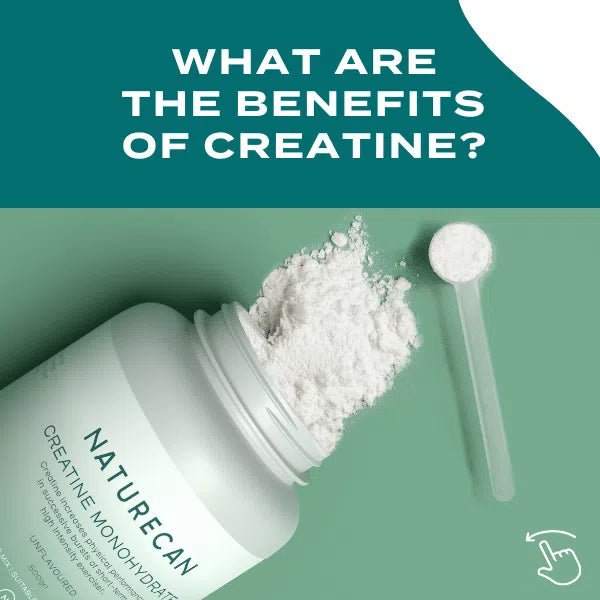3 Simple Techniques For Creatine Monohydrate
Table of ContentsNot known Facts About Creatine MonohydrateExamine This Report about Creatine MonohydrateThe Ultimate Guide To Creatine Monohydrate
The writers acknowledge a danger of prejudice with the research study designs due to a demand for more clarity over randomization with almost all research studies included. Just three of the nineteen researches completely detailed the analysis of VO2 max.
This differs from athlete to professional athlete, though. If weight gain via liquid retention is a concern, stop taking creatine 1-2 weeks prior to racing to balance out fluid retention while retaining boosted creatine stores. Some people experience stomach discomfort when taking creatine, such as bloating, cramping, or looseness of the bowels. It's important to keep in mind that not everyone experiences intestinal distress while taking creatine, and it can usually be handled by readjusting the dose or taking it with meals, as laid out by the International Society of Sports Nourishment.
It's recommended to use it in powder type. Worries concerning the lasting results of creatine monohydrate supplements on kidney (kidney) feature have been increased.
The 9-Second Trick For Creatine Monohydrate
None of the research studies examined triathletes. The unfavorable effects reported in the studies connected to weight gain. As stated, most of the studies made use of a higher-dose loading procedure (20g+/ day) in a short period that can be balanced out and avoided via a lower dosage (such as 5g/day) for a prolonged period.

Allow's look at the major benefits of creatine monohydrate. Bonuses There is strong, dependable research study showing that creatine enhances health. Overwhelming evidence supports increasing lean muscle mass, increasing stamina and power, including repetitions, minimizing time to exhaustion, enhancing hydration status, and profiting mind health and wellness and feature. Every one of these benefits will incrementally award your wellness and enhance your "healthspan" as you age.
The majority of creatine is saved in the skeletal muscular tissues in a type recognized
as phosphocreatine, or creatine phosphate. Creatine aids in the production of adenosine triphosphate, or ATP. Even if they never ever lifted a barbell, they would certainly still profit pop over here from creatine supplementation.